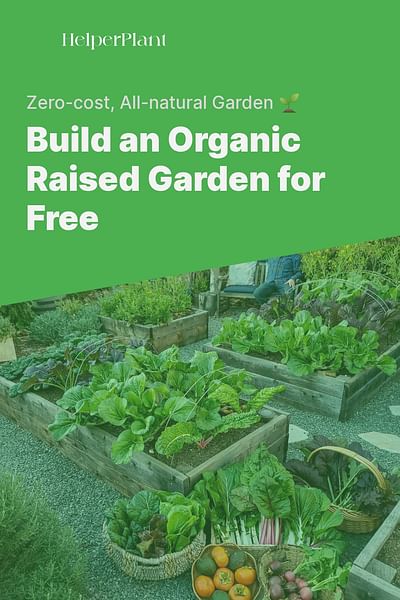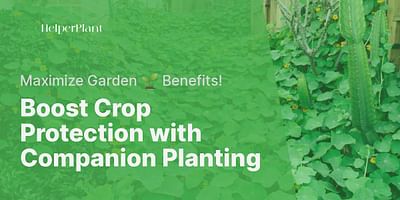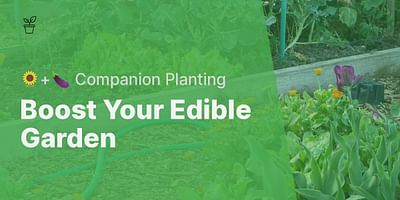Hadley is an experienced horticulturist with a gardening career spanning over two decades. She holds a deep interest in companion planting and continuously indulges in exploring new plant pairings. When not immersing herself in the world of botany, Hadley can be found enjoying nature trails and indulging in birdwatching.
Absolutely! Building an organic raised garden doesn't have to break the bank. In fact, there are several ways you can create a thriving garden without spending a dime. Let me share some tips and tricks to help you get started on your DIY organic raised garden adventure.
First, let's talk about the materials you'll need. One of the easiest ways to build a raised garden bed for free is by repurposing items you already have. Look around your yard or neighborhood for unused materials like old wooden pallets, cinder blocks, or even large rocks. These can be stacked or arranged to create the walls of your raised bed. Just make sure the materials you choose are sturdy and untreated, as you want to avoid any chemicals leaching into your soil.
Once you have your materials, it's time to choose a location for your raised bed. Find a spot in your yard that receives at least six hours of sunlight per day. Avoid areas with poor drainage or where water tends to accumulate. If possible, try to position your raised bed near a water source for easy irrigation.
Now, let's talk about soil. Building an organic garden means using nutrient-rich soil that is free from synthetic fertilizers and pesticides. Instead of buying soil, you can create your own compost using kitchen scraps, yard waste, and other organic materials. Composting not only helps reduce waste but also provides your plants with essential nutrients. If you don't have a compost bin, you can create a simple one using chicken wire or wooden pallets.
To start composting, collect kitchen scraps like fruit and vegetable peels, coffee grounds, and eggshells. Avoid adding meat, dairy, or oily foods, as these can attract pests. Combine your kitchen scraps with yard waste like leaves, grass clippings, and small branches. Turn the pile regularly to aerate it and speed up the decomposition process. Over time, your compost will transform into rich, dark soil that is perfect for your raised bed.
Now that you have your raised bed and compost, it's time to choose the plants you want to grow. Companion planting is a great technique to maximize your garden's productivity and natural pest control. Certain plants have beneficial relationships when grown together, while others can inhibit each other's growth. For example, planting marigolds alongside tomatoes can help repel pests, while growing basil near peppers can enhance their flavor.
Do some research to find the best companion plants for the vegetables and herbs you want to grow. Consider factors like sunlight requirements, soil preferences, and growth habits. By choosing the right companions, you can create a harmonious garden where plants support each other's growth and health.
Remember, building an organic raised garden without buying anything requires a bit of creativity and resourcefulness. But with some ingenuity and a little elbow grease, you can create a beautiful and productive garden that is both budget-friendly and environmentally friendly. Happy gardening!














